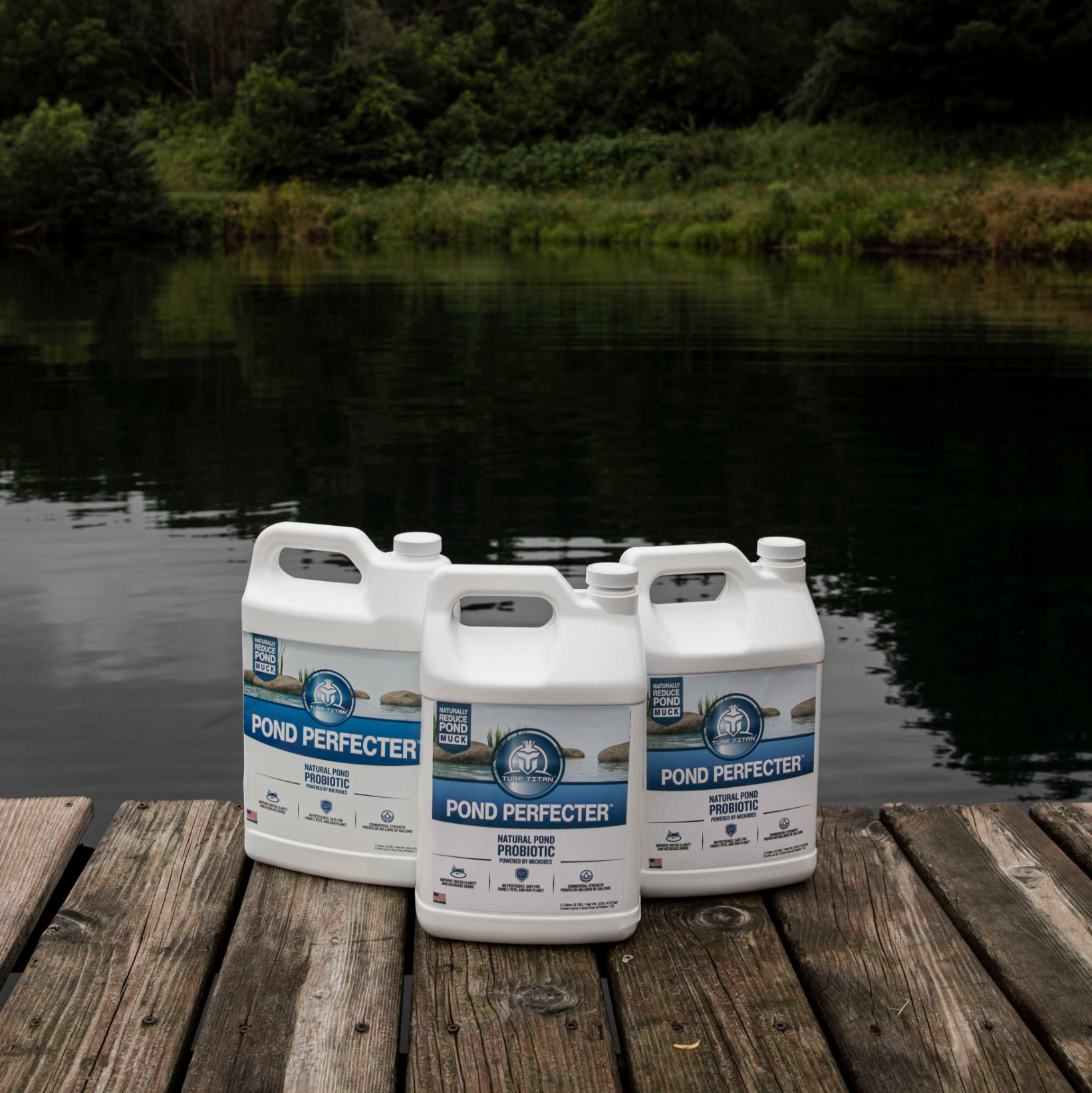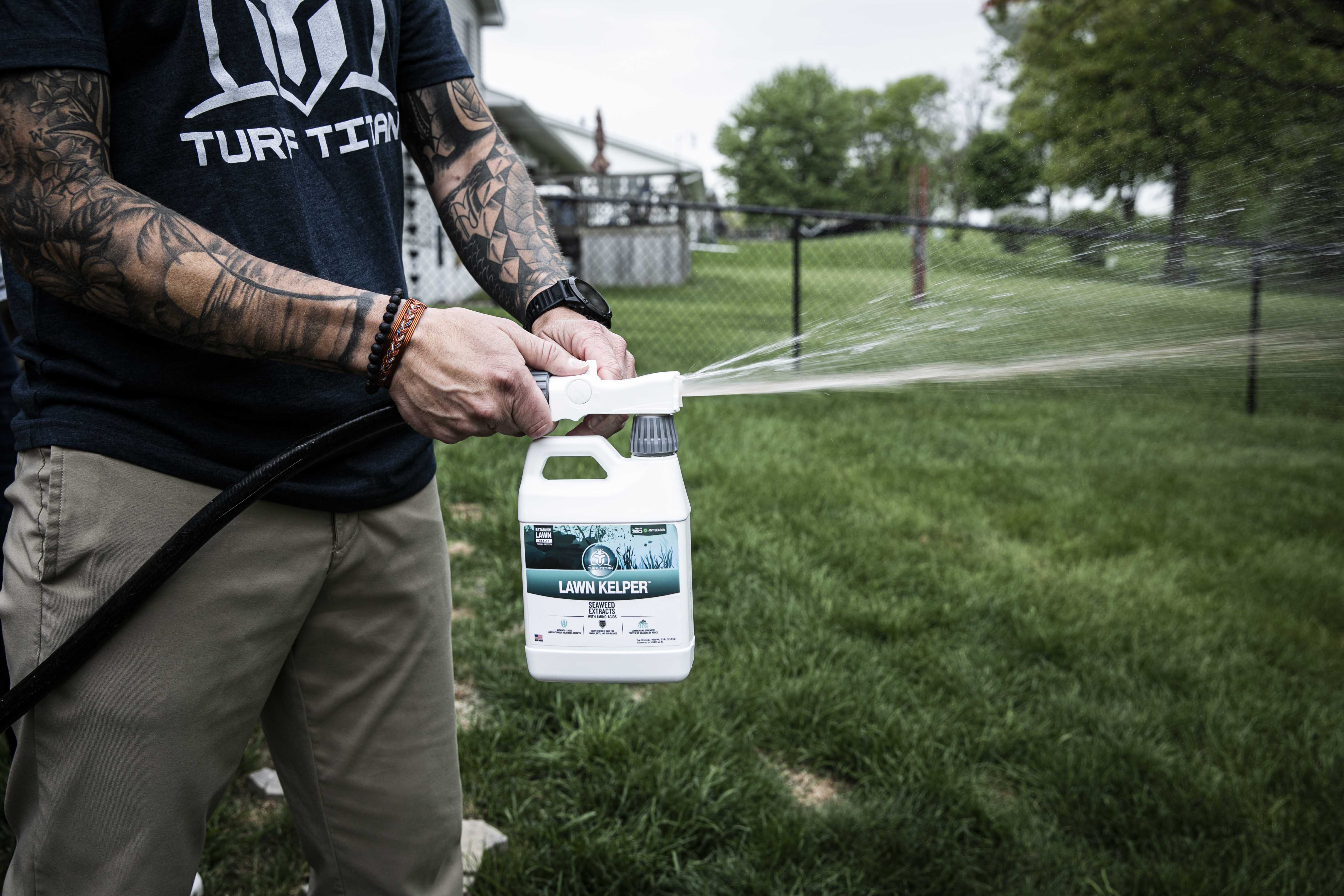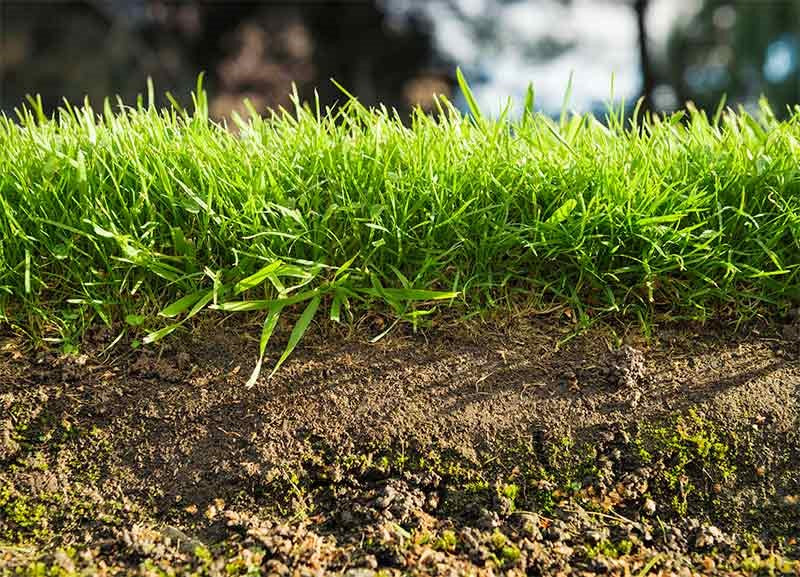What Are Soil Microbes?
Our soil houses billions of microbes right under our feet. Microbes are microscopic, living organisms such as bacteria, actinomycetes, fungi, protozoa, or nematodes. They're tiny, too! Microbes are approximately 1/10th the size of our human cells.
5 Soil Microbes that Contribute to Overall Plant and Soil Health:
- Bacteria work in the final stages of breaking down soil nutrients, providing nutrients that are readily available to the root zone of the plant.
- Actinomycetes work to protect the plant from disease and act as plant antibodies.
- Fungi, specifically mycorrhizae, increase the roots' abilities to uptake more nutrients and moisture. The fungal structures basically become an extension of the roots within the soil.
- Protozoa are a larger soil microbe. They consume bacteria, replenishing the soil with any further nutrients that the bacteria were holding onto.
- Nematodes work both within the plant and around the root zone. By eating pathogenic nematodes, they secrete nutrients that are absorbed by the plant.
***Did you know that the plant will exert as much as 30% of its energy in the root zone to provide food to the microbes? In return, those microbes not only protect the plant from stress, but also feed the plant by converting and holding nutrients in the soil. This is a natural, symbiotic relationship that occurs in healthy soil ecosystems.***
Are Microbes Safe?
Yes! The microbes in Turf Titan’s solutions are completely safe. Think of microbes as probiotics - the same microbes that live in our guts. As humans, we feed probiotics to our system to keep our immunity up and help continually release nutrients. This is the same natural process that is occurring in our soil- microbes act as an immune response and as nutrient power-houses. They are small but mighty!









Leave a comment
This site is protected by hCaptcha and the hCaptcha Privacy Policy and Terms of Service apply.